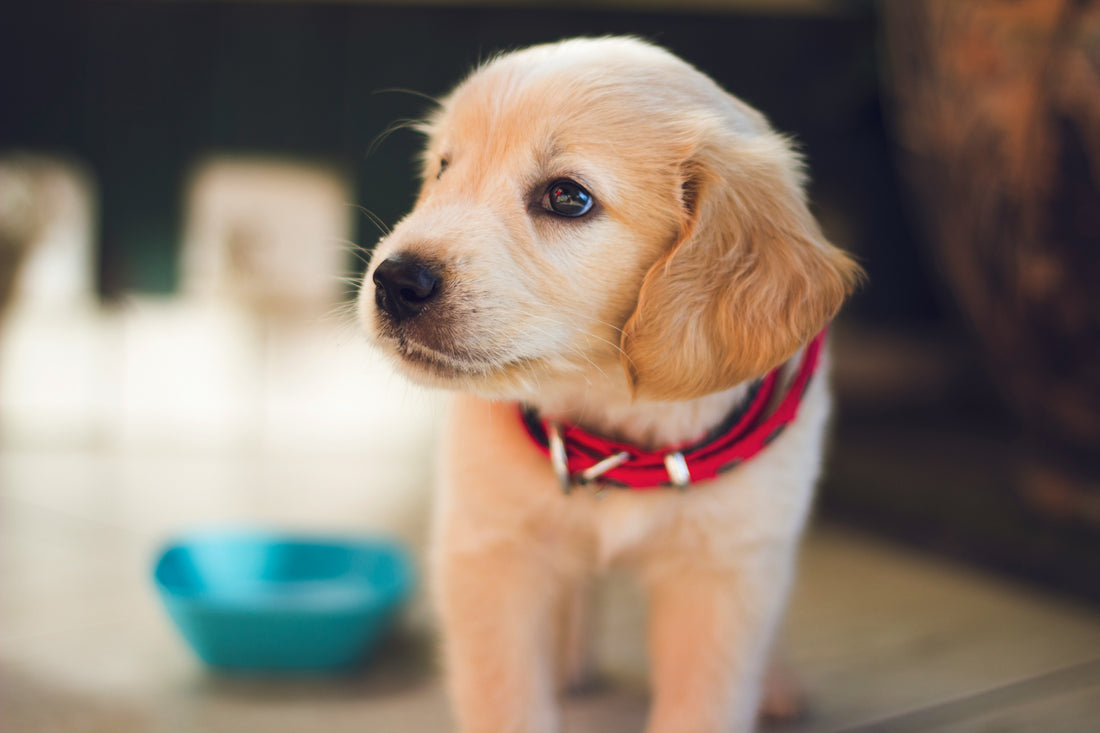
The Importance of Early Socialization: Setting Your Pet Up for Success
Share
Help your pet grow into a well-adjusted and confident companion with HugWith's early socialization guide.
Early socialization is one of the most critical aspects of raising a well-behaved and emotionally balanced pet. Proper socialization helps pets become comfortable with new environments, people, and other animals, reducing the likelihood of behavioral issues later in life. Here’s why socialization matters and how to get started.
Why Early Socialization Is Important
Pets that are not adequately socialized may develop fears, anxieties, or aggressive tendencies. Early exposure to different situations helps build confidence and teaches pets how to respond calmly to new stimuli.
-
Prevents Fear-Based Behavior: Pets that haven’t been socialized may become fearful or anxious when exposed to new environments or strangers. This can lead to unwanted behaviors such as barking, hiding, or aggression.
-
Encourages Positive Interactions: A well-socialized pet is more likely to interact positively with other animals and humans, making trips to the vet, park, or other social settings more enjoyable.
For more tips on easing pet anxiety during socialization, visit our blog post on How to Ease Separation Anxiety.
The Best Time to Start Socializing Your Pet
The critical period for socialization in puppies and kittens typically begins around 3 weeks of age and lasts until they are about 12-16 weeks old. This is when pets are most receptive to learning and accepting new experiences.
However, even adult pets can benefit from socialization. While it may take more time and patience, gradual exposure to new environments and positive reinforcement can still yield great results.
Steps to Proper Socialization
1. Introduce Your Pet to a Variety of People
Expose your pet to people of different ages, appearances, and genders. This helps them become comfortable with all types of individuals and reduces the chance of fear-based reactions later on.
2. Positive Reinforcement
Use treats and praise to reward calm behavior during new experiences. Positive reinforcement encourages your pet to associate new people, places, and animals with good outcomes.
3. Expose Them to Different Environments
Take your pet to different environments, such as parks, busy streets, and pet-friendly stores. The more varied the experiences, the more adaptable and confident your pet will become.
4. Socialize with Other Animals
Introduce your pet to other friendly animals in controlled environments. Start with short, supervised interactions to ensure they are comfortable.
Socialization Tips for Adult Pets
If you’ve adopted an older pet that missed out on early socialization, don’t worry! You can still help them adjust with the following steps:
-
Take It Slow: Gradually introduce your pet to new experiences and environments.
-
Use Calming Aids: Products like calming collars or pheromone diffusers can help reduce anxiety in adult pets during socialization. Explore our range of Calming Aids and Accessories for options.
-
Work with a Trainer: Professional trainers can provide guidance on how to safely and effectively socialize an adult pet.
External Resources
At HugWith, we know that early socialization is key to raising a happy and confident pet. For more expert advice, visit our Pet Care Tips section, and start socializing your pet today.
© 2024 HugWith. All rights reserved.
